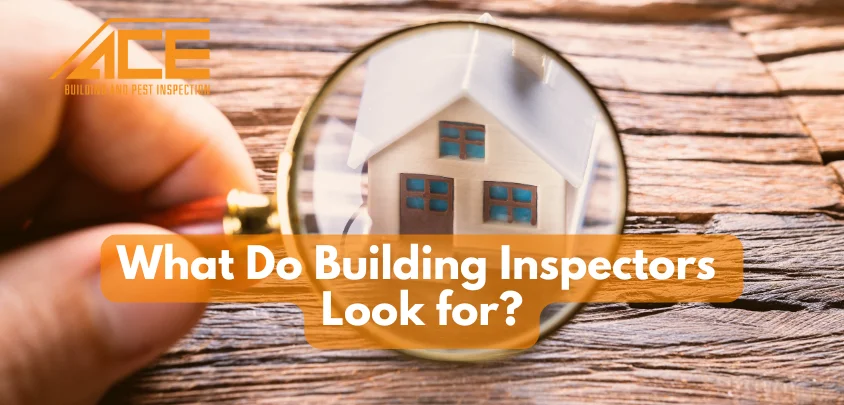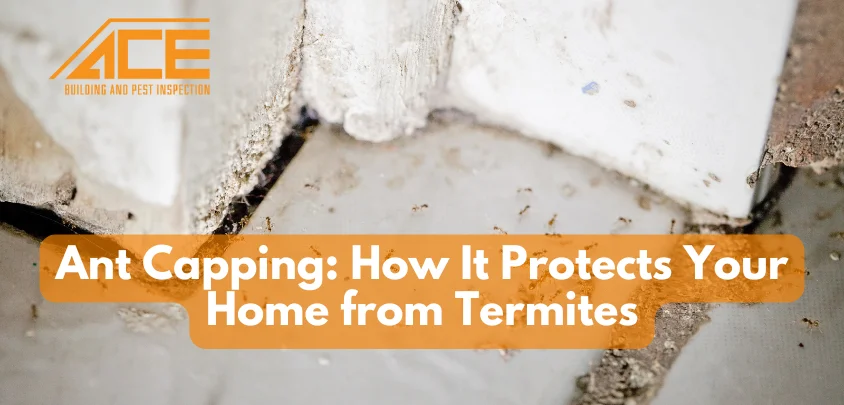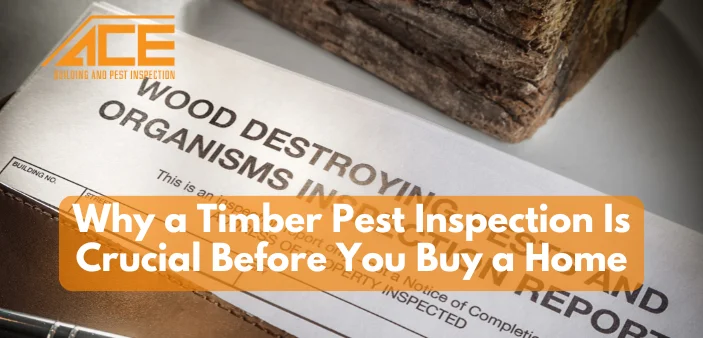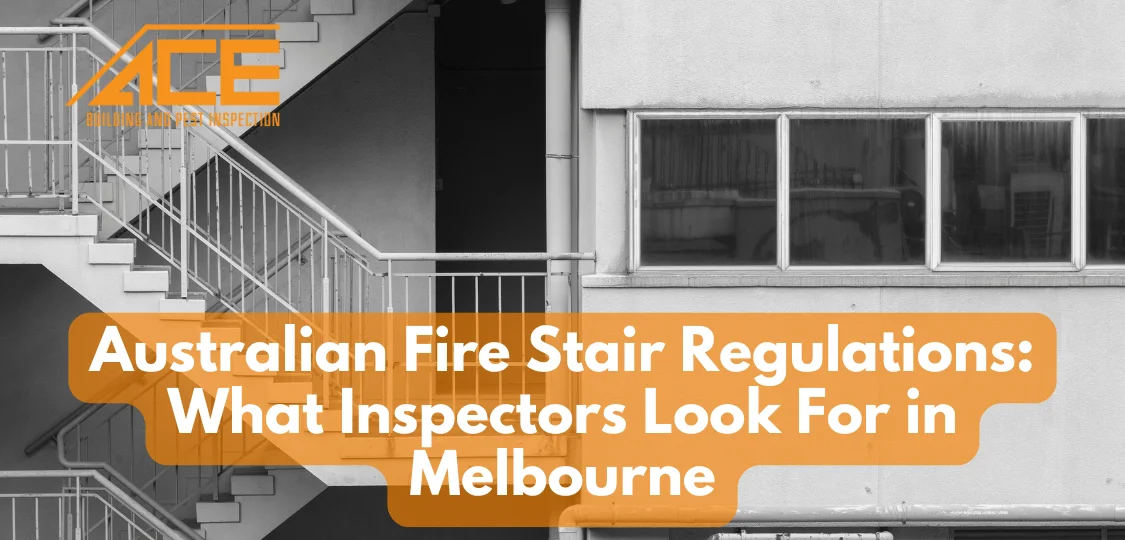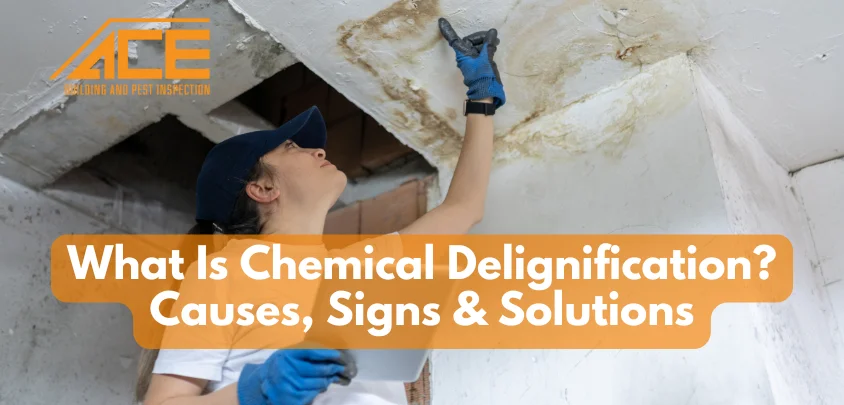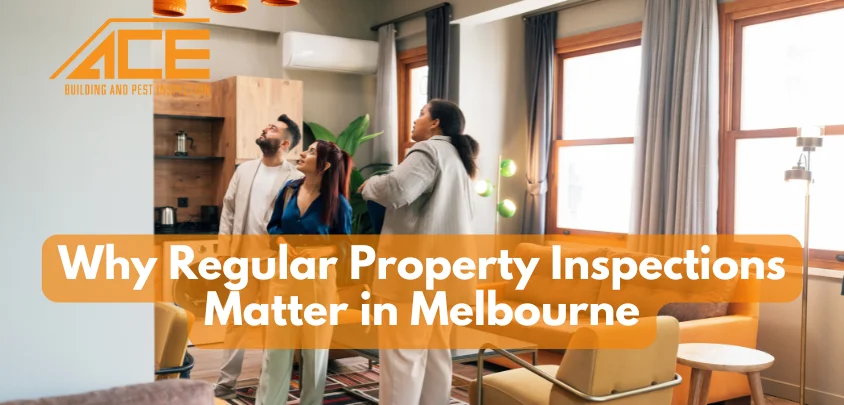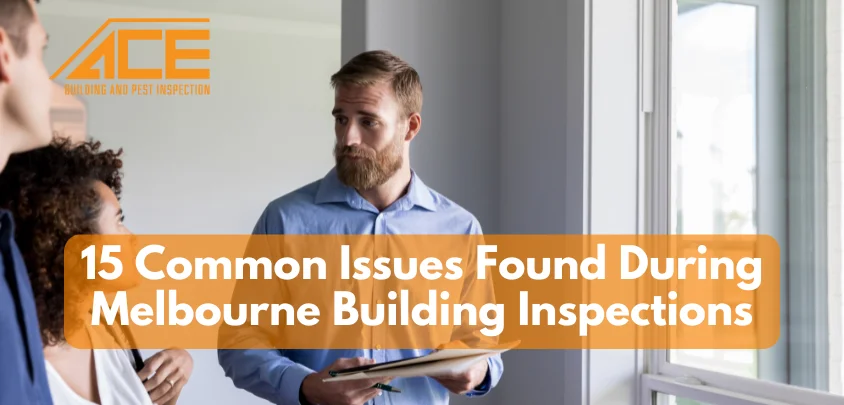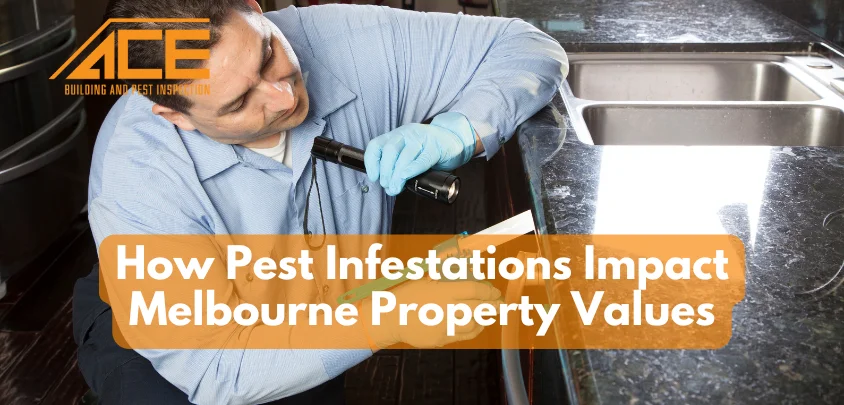When purchasing, selling, or renovating a property, building inspections play a vital role in the process. Whether you’re a homeowner, real estate agent, or project manager, knowing what building inspectors focus on helps prevent costly mistakes and ensure the safety, compliance, and future value of a property.
In 2025, building inspections have adapted, and inspectors are now concerned with both traditional issues and modern challenges shaped by new building codes, technology, and environmental factors. In this article, we’ll explore the key elements building inspectors look for during an inspection.
What Do Building Inspectors Look for?
Here are the top 8 things that building inspectors look for in 2025:
- Structural Integrity and Safety
- Plumbing System
- Electrical System
- Insulation and Energy Efficiency
- Pest and Rodent infestation
- HVAC Systems
- Safety Features
- Compliance with Building Codes and Regulations
1. Structural Integrity and Safety
One of the first things a building inspector will examine is the overall structural integrity of the building. This includes the foundation, framing, load-bearing walls, and roof structure. Inspectors will look for any signs of damage such as:
- Cracks in the walls or foundation: These can find shifting or settling of the foundation.
- Sagging or bowing floors and ceilings: These could be signs of water damage or structural weaknesses.
- Water damage or mould: Visible mould or water stains on walls, ceilings, or floors are a concern, especially in basements and crawl spaces.
- Roof condition: Inspectors will check for missing or cracked tiles, deteriorated mortar along ridge and hip tiles and leaks, or signs of wear.
Structural issues are not just about appearance; they can affect the stability of the entire building, and addressing them early can prevent significant and expensive repairs down the line.
2. Plumbing System
The plumbing system is one of the most important areas that building inspectors check for functionality, safety, and compliance with building codes. The inspector will look for:
- Leaks: A building inspector will check for any leaks in pipes, taps, and fixtures, both visible and hidden, that could lead to water damage or mould growth.
- Pipe corrosion: Over time, pipes can corrode and deteriorate, especially older ones. Inspectors will look for signs of wear, rust, or disconnections.
- Water pressure: Proper water pressure is vital to ensure the system functions correctly. Inspectors will check for adequate pressure in faucets, showers, and toilets.
- Sewer lines and drainage: Blocked or improperly functioning sewer lines can lead to costly and unhygienic issues. Inspectors will check for clogs, leaks, or inadequate drainage.
Modern plumbing systems often come with new features such as water-saving devices, so inspectors will also check that these systems meet current standards for efficiency and environmental sustainability.
3. Electrical System
Electrical issues are a primary safety concern. In 2025, electrical systems have become more advanced, but they still need to meet safety regulations and modern building codes. During an inspection, inspectors will evaluate:
- Wiring: The inspector will ensure that the wiring is free from any exposed, frayed, or damaged cables that could pose a fire hazard.
- Circuit breakers: Inspectors run a polarity test to check that the circuit breakers are functioning correctly to prevent overloading.
- Outlets and switches: All outlets and switches should be grounded and properly installed. The inspector will also look for any signs of overheating or wear.
- Smoke and carbon monoxide detectors: These must be installed in key areas of the building, especially near bedrooms and on each level of the home. Inspectors will verify that they are functional and up to code.
With the rise of smart homes and technology, inspectors may also assess the integration of smart devices and home automation systems to ensure they don’t interfere with the electrical safety of the property.
4. Insulation and Energy Efficiency
In the age of rising energy costs and environmental concerns, building inspectors in 2025 are paying more attention to energy efficiency. Proper insulation is essential for maintaining temperature control, reducing energy consumption, and enhancing comfort in a building. Inspectors will evaluate:
- Insulation levels: Inspectors will check that attic, wall, and floor insulation meets the required standards for the region.
- Windows and doors: Leaky windows and doors can lead to heat loss and increase energy bills. Inspectors will check the seals and frames for any signs of air leakage.
- Ventilation: Proper ventilation is crucial to avoid excess moisture buildup, which can lead to mould growth. Inspectors will ensure that the property is well-ventilated to maintain air quality.
Buildings with inadequate insulation or energy efficiency can be costly to run and maintain, so addressing these issues during an inspection can save you money in the long run.
5. Pest and Rodent Infestation
Inspectors will check for signs of pest or rodent infestations, as these can cause significant damage to the structure and create unhealthy living conditions. They’ll look for:
- Termite damage: Termites can destroy wood structures and are often difficult to detect until the damage is severe. Inspectors will look for hollowed-out wood, mud tubes, or frass (termite droppings).
- Rodent nests: Signs of rodents such as droppings or chewed wires and insulation will be checked.
- Other pests: Inspectors may also look for evidence of ants, cockroaches, or other insects that can damage the property or pose health risks.
An untreated infestation can lead to ongoing damage, so addressing these concerns early is crucial.
6. HVAC Systems
The heating, ventilation, and air conditioning (HVAC) systems are essential for indoor comfort, and an inspection of these systems is necessary to ensure they are in proper working order. The inspector will look for:
- Furnace or heater condition: The inspector will check the age and condition of the furnace or heating system and ensure it’s functioning safely.
- Air conditioning system: Inspectors will verify that the air conditioning unit is working properly, with no leaks or damage.
- Ductwork: Leaky ducts can reduce the system’s efficiency and contribute to higher energy bills. Inspectors will check the condition of the ducts and seals.
Given the reliance on HVAC systems for comfort and air quality, ensuring these systems are in top condition is vital for both the property’s functionality and health.
7. Safety Features
Ensuring the safety of the building’s occupants is a top priority. Inspectors will check for the presence and condition of safety features such as:
- Handrails and staircases: All staircases should have secure handrails, and the stairs should be in good condition to prevent accidents.
- Emergency exits: For commercial properties, inspectors will check that emergency exits are easily accessible and properly marked.
- Fire safety: For commercial properties the Inspectors will check that the property has the necessary fire exits, fire extinguishers, and fire-resistant materials where required.
Today, inspectors are increasingly focused on ensuring that buildings meet modern safety standards, including those for accessibility and emergency preparedness.
8. Compliance with Building Codes and Regulations
Building codes and regulations can vary greatly depending on the location, but inspectors will ensure that the property complies with all relevant local, state, and national building laws. This includes:
- Renovations and extensions: If any modifications have been made to the property, the inspector will check that they were properly permitted and meet code requirements.
- Accessibility: In line with the push for inclusivity in commercial buildings, inspectors will check that buildings comply with accessibility standards for disabled individuals, such as ramps, wide doorways, and bathroom accommodations.
Failing to comply with building codes can lead to expensive fines or required modifications, so it’s important to stay up to date with local regulations.
Covers a Wide Range of Factors
A building inspection in 2025 is a thorough process that covers a wide range of factors designed to ensure the safety, functionality, and long-term sustainability of a property. Inspectors are trained to spot even the smallest issues that may lead to larger, more costly problems in the future. By understanding what building inspectors look for, property owners and buyers can make informed decisions and avoid potential pitfalls. Whether you’re buying, selling, or renovating a property, working with a qualified inspector is an investment in the future of your property.
At ACE Building and Pest Inspection, we provide reliable and thorough inspections to help you make informed decisions about your property. Our experienced team checks everything from structural issues to hidden pests, offering you peace of mind with detailed reports at competitive prices. Contact us today for a professional inspection you can trust.
Bonus Content:
